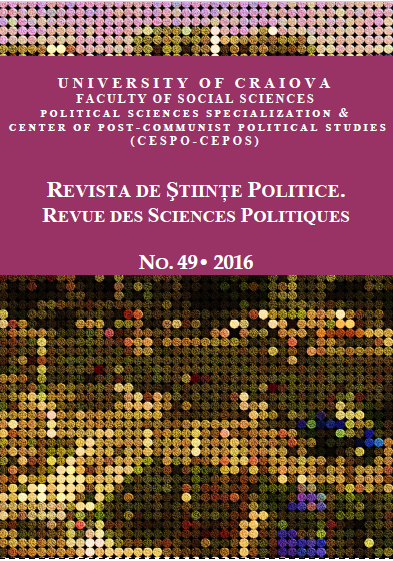Political Parties Ideologies in Kosovo
Political Parties Ideologies in Kosovo
Author(s): Valon KrasniqiSubject(s): Political history, Government/Political systems, Evaluation research, Transformation Period (1990 - 2010)
Published by: Editura Universitaria Craiova
Keywords: political party; international administration; ideology; left-right: program;
Summary/Abstract: The aim of this paper is to analyse the ideological profile of political parties and the party system in Kosovo. The political system in general and the political parties in particular are basic elements and very important for functioning of the state. Political parties, depending on ideological attitudes that they represent, hold certain attitudes to solve social problems. Political parties with left orientation are supporters of social equality; they support the social strata with economic problems, and they are in favour of stronger presence of the state. Political parties with right orientation have different attitudes from left parties. They support evolutionary changes in society, they are in favour of preservation and cultivation of traditions, there are supporters of the capitalization and are for minimal state intervention in society. Political parties in Kosovo have a new tradition of the formation and profile. They are at an early stage in terms of the ideological division. The party system in Kosovo after 1990 can be divided into two phases. The first phase is until 1999, where political parties have operated under the measures of occupation, and the second phase includes the period from 1999 onwards, initially under the international administration, and after the independence under supervision and co-governance in some areas with the mission of the European Union (EU). In order to be more inclusive, political parties in Kosovo offer ideologically unclear programs. Political parties in Kosovo in regards to some topics such as European integration, economic and social policies in general have same positions, with some exceptions. In this paper, the qualitative methodology was used.
Journal: Revista de Științe Politice. Revue des Sciences Politiques
- Issue Year: 2016
- Issue No: 49
- Page Range: 108-119
- Page Count: 12
- Language: English

